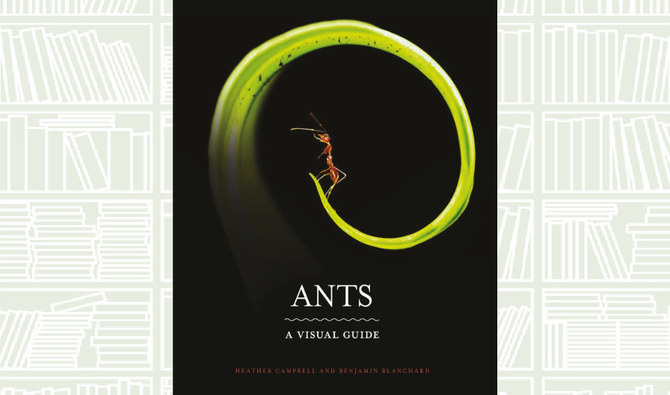Pico Iyer’s essay “The Joy of Quiet” dissects modern life’s paradox: the louder our world grows, the more we crave silence. The essay was first published in 2012 in The New York Times.
With the precision of a cultural surgeon, Iyer — a travel writer famed for his meditative prose — exposes how digital noise erodes human connection, leaving us drowning in a sea of notifications yet thirsting for meaning.
But this isn’t a diatribe against technology; it’s a forensic examination of our collective burnout.
He maps a silent counterrevolution emerging in the unlikeliest corners: Silicon Valley CEOs fleeing to Himalayan monasteries, Amish-inspired “digital sabbaths” trending among younger generations, executives paying to lock away their phones and nations like Bhutan trading gross domestic product for “Gross National Happiness” as radical acts of cultural defiance.
Iyer’s genius lies in reframing silence as an insurgent act of self-preservation. A Kyoto temple’s rock garden becomes a “vacuum of stillness” where fractured minds heal; a tech mogul’s secret retreats — funded by the same wealth that built addictive apps — mock his own industry’s promises of liberation.
The essay’s sharpest insight? Our devices aren’t just distractions but “weapons of mass distraction,” systematically severing us from presence, empathy and the sacred monotony of undivided attention.
Critics might argue Iyer romanticizes privilege (not everyone can jet to a Balinese silent retreat), yet his message transcends class: in an age of algorithmic overload, solitude becomes not a luxury but psychic armor.
He anticipates today’s “attention economy” battleground, where mindfulness apps monetize the very serenity they promise to provide.
His closing warning: “We’ve gone from exalting timesaving devices to fleeing them,” feels prophetic in 2025, as AI chatbots colonize conversation and virtual reality headsets replace eye contact.
Less self-flagellating than Orwell’s colonial reckonings, “The Joy of Quiet” offers no easy answers.
Instead, it dares readers to ask: When every ping demands obedience, what revolution begins with a silenced phone? What if reclaiming our humanity starts not with consuming more but with the radical courage to disappear?
























